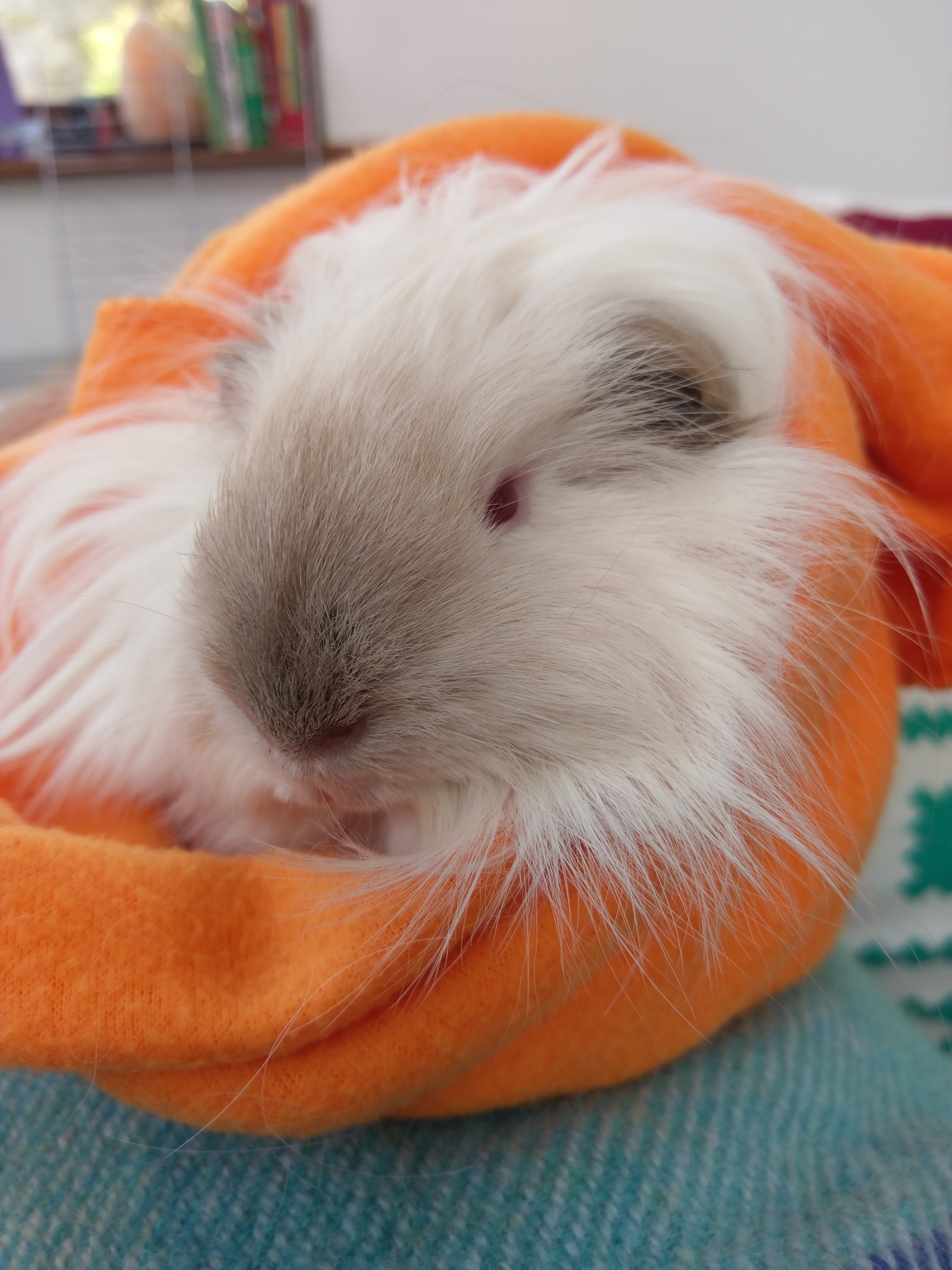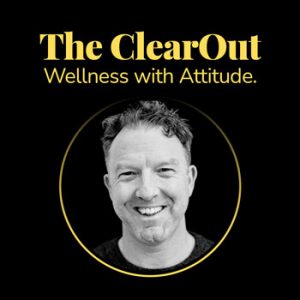Positivity is a muscle – the more you use it, and the more you use it in a variety of ways, the more effective it gets.
Do you ever think about the muscles you use? If you don’t, that could mean several things. It could mean you’re very young, and it hasn’t even occurred to you to think about it. It could mean you’re fit and strong. You might be a robot, or an amoeba – wait, does an amoeba have muscles? Or perhaps you’re dead and haven’t realised it yet. Don’t worry, someone is bound to tell you sooner or later.
To frame this another way, think about the physical actions you go to do without hesitation. Picking something up off the floor. Moving something heavy into or out of your car. Putting something on a high shelf. Dancing. Kicking a ball. Walking. Sitting. Standing up. Gripping a coffee cup. Holding someone’s hand. Dropping your fingers onto a keyboard to play a tune. Brushing your hair. Or your teeth, if you have no hair. Or your dog if you have no teeth. Or… Well, you get the idea.
If you think of the ease with which you do any of the above, you might realise that there is an innate pleasure that comes with your capacity to use your body. A very subtle thrill that derives from the confidence of being able to do something with your hands or your hips or your back or your legs. While you’re reading this, go ahead and wrinkle your nose. Or raise your eyebrows (if you have them). Or make a nice little pout shape with your lips.
It’s fun, isn’t it! I dare say you may have even smiled or laughed while doing it. It’s a nice feeling, right?
The whole idea of ability connects very naturally to agency. It invites into your sense of self the great ‘I can’. Such simple, basic questions – Of what are you capable? What can you do? It’s like conducting a vox pop of three-year-olds:
“I can walk on my tippy-toes!”
“I can pick my nose!”
“I can do this!” (Child breaks wind, or burps, or rotates head like an owl.)
It’s power in its most fundamental sense. Activation. Motion. Engagement. Process. And the end point is some kind of desired result. When I make myself a coffee in the morning, the little ritual of using the coffee machine is one I find deeply pleasurable. I enjoy switching the machine on. I enjoy scooping the coffee from the bag and patting it into the ratchet. I enjoy tamping the coffee down. And I love positioning the ratchet in place and feeling the sturdy shift and stop as it locks into place. The pay-off is pushing the button that tells the machine to put coffee in my cup. I am always gently mesmerised as I watch the hot brown liquid fill the bottom of my cup. The pace of the flow of coffee combined with the mechanical whirring of the machine, is briefly hypnotising. For me, that’s almost more of a desired result than the actual drinking of the coffee. It’s usually at that exact moment – peak coffee worship, if you will – that my daughter sneaks up behind me and uses my butt as a punch bag, unleashing a combination of half a dozen punches before sprinting out of the room, her delirious laughter followed sharply by my yells of fury. That’s her desired result.
The great ‘I can’.
Maybe its greatness is only understood when you have to start saying ‘I can’t’. This is not the can’t of ‘I have the ability, but I choose not to use it’. This is not the can’t of ‘I have a previous engagement that prevents me from doing something else’. This is not even the can’t of ‘I want to, but I shouldn’t, so I won’t.’ This is a different thing. This is the can’t of ‘I don’t have the ability’. More specifically, it is the can’t of ‘I no longer have the ability’, which is worse, I think. It’s a bit more painful, a bit more humbling. And just to remind you, I am trying to keep the camera on muscles in particular. There is something about physical diminishment that is unavoidably confronting. It can’t but speak to us of mortality. It may not even be as existential as that. It could speak to us of illness, or laziness, or neglect, or poor choices, or bad luck, or trauma.
‘I can’t’ is a reality check. The way I have presented it, it’s hard not to think of it negatively. The full stop. The archiving. The history lesson. The ‘that was then, this is now’ signifier. There are certainly aspects of my own physical capabilities that give me pause. The ‘erks’ and jerks of muscles and joints in decline, in revolt, in arrest. The things I can’t do reminding me of what I used to be able to do. But ultimately, I try to think of it as my body talking to me, telling me there are things I need to pay more attention to. And I don’t have a problem with that, because the simple truth is, our bodies are no less subject to time than anything else (Oysters and other tasty molluscs may disagree).
We age. Time moves on. This machine of ours tells the tale. Our joints know. Our muscles and ligaments and tendons know. Our internal organs know. Our skin knows. Our backs and necks and shoulders know. And they tell us. We have a machine that is both effective and polite. That’s the perfect relationship – you’re being communicated with constantly! No games, no misdirection, no silent treatment. It’s its own media centre – bulletins, reports, updates and newsflashes are landing on your desk or popping up on your screen as events happen: Just in from the knee joint – quite a lot of turbulence on the eastern front there, the unrest of the last few weeks finally blowing up. Meanwhile, in the lumbar region, the temporary ceasefire has come to and end and we’re hearing of a severe need for reinforcements there. Next we go to the right shoulder where things are getting very tense indeed. We might be looking at a total breakdown in the next day or two, but the warning signs have been there for at least eighteen months.
When put into that context, I start to feel better about ‘I can’t’. I start to think of it more as ‘please listen’ or ‘pay attention’ or ‘take this down’, as if my body is someone I’m working for or learning from. I think that is a really useful way to regard one’s body and all it contains. It’s a change in dynamic if you think of the physical entity that occupies your space in the world as something that is protecting, guiding, and serving you; and doing so by being boundlessly sensitive and responsive and present.
Now, I’m not a neuroscientist, but I’m going to go out on a limb and say that thoughts and emotions are not muscles. I am going to add that though they do not possess mass, they do reside within the body. Or at least, they reside within the bounds of our self-perception. Further, I am going to argue that they are part of the same benign mechanism posited above, the one that is wired for responsiveness and communication. And finally, I am going to propose that it might be of enormous benefit to begin to interact with our thoughts and emotions as if they were part of our concrete infrastructure.
For many years in my role as a karate instructor, I have advocated listening to one’s body. My primary objective in doing this is to encourage injury prevention. It’s a simple premise: I know what my body is doing, but only you know what yours is. I know where I’m tight or sore or weak or compromised, but I don’t know a thing about those same stress points in your machine. In training, the sharing of this information means we know where we can push and where we need to be more careful. As an instructor or trainer, it means we know how to modify what is being taught to better serve the needs and capabilities of individual students. It means we can tell the difference between poor application and intelligent care.
If I apply that same model of listening to my thoughts and emotions, I can develop a certain tuning or frequency that picks up the knocks and niggles, the creaks and groans, and the general wear and tear on those very specific aspects of my being. Twang! Oh, that comment hit a sore spot. Oof! Wow, that was a vindictive thought. Aagh! Did I really say that about her? Nngh. That felt like a knife. Once identified, I can start modifying how I relate to them. I can start modifying how I live with them. And I need to be proactive about it because I don’t want to give them reign over my emotional and psychological domain.
Experiencing reactions and responses like that over extended periods of time can really grind down on our sense of wellness. They can erode our sense of good will. They can eat into our resilience and our powers of recovery. And good will and resilience and recovery are key components of positivity. And positivity is a great driver of what we believe is possible. And what we believe is possible is something we are confident we can reach. Or achieve. Or make happen.
For me then, the mission becomes the securing of positivity. The soldiers of negativity are enemy forces that want to occupy my thoughts and emotions. How do I prevent that happening? Or more realistically, how do I persuade them to retreat?
I think the answer is looking at positivity like a muscle. Train it. Push it. Extend it. Flex it. Use it. Look after it. Keep it warm. Rest it. Ice it. Elevate it. Give it different things to do. Listen to it. Trust it. Respond to it. But don’t make it a vanity project. Don’t measure it or weigh it. You don’t have to have the biggest positivity in the room! The goal is not beauty or perfection or completion – it’s being effective. What is positivity enabling me to do? How is it giving me power?
I know for me, the most potent aspect of accessing positivity in myself is that it frames my negative responses and reactions in a completely different way. It allows me to detach and view them less subjectively. It opens a doorway to compassion and reflection and clear-headedness that never fails to be beneficial. It helps me train my brain and condition my responses. The more I admit the presence of positivity, the better I get at using it.
So, if you get your positivity into good shape, it will take on those negativity soldiers, and it might even befriend them so they feel they can relax and lay down their arms. That’s a good sign that your internal battle is being resolved. The next thing you know, both sides of the conflict are sitting round a campfire singing songs and swapping war stories. It’s a beautiful sight.
Positivity is an attractive thing. It is a powerful thing. It is a giving thing. It is energy. It is movement. It is the great ‘I can’. So take it for a spin. Stretch it out. Flex it!
The final word goes to one of my daughter’s guinea pigs, Mr. Leo Longhair, who has been a wellness and free love advocate since joining our happy brood a fortnight ago. Take it away, Leo!





Flexing that positivity muscle right back at you
Dara & Leo Long hair!’
Always inspirational you are Dara!!
🙏👍😎🤩
Nice one, Marts.😊💪
Nice one Dara. Excellent and well written advice! Tell me this; my wife and daughter both want a Guinea pig! We have a cat. I know you do too. Any problems there?!
Hi Kieran, thanks for the response.😊
Regarding cats and guinea pigs, this is my first exposure to how they get along so don’t take this as the last word, but basically, our cat has shown no interest in them whatsoever. None. But she is elderly now, and quite deaf, so she has slower fish to fry, so to speak. 🤔
Conclusion: they cohabitate very peacefully. Good luck!🤓
Sort of news to me, Dara, as I am living your physical stuff in reverse. Never one to put a book down and get off the sofa, I waited till 74 (yes! like Mum!) to experience the can-do of sport. And brother, the body is loving it. Not just pounding the tennis court but moving in general because the parts are all pumping. Yes indeedy! Still never going to get that thrill of jumping into the Bay, but “it’s a brand new world” as Disney would say. As for being positive, I personally think the odds are overwhelmingly against you unless you connect with God, who empowers you to defeat Defeat. I couldn’t, until with Him, I could. He is all about victory and joy; He shows you how to get them. Anyway, nicely written, as usual!
As it is I can listen to Joe Rogan on this little pad keyboard, must get office!